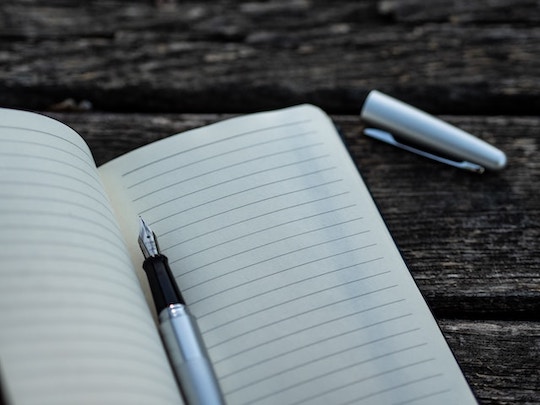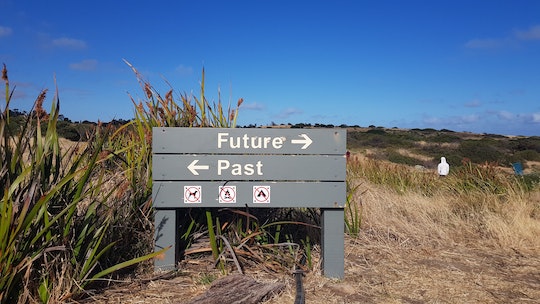“Sometimes a short walk down memory lane is all it takes to appreciate where you are today.”
—Susan Gale, author, karaoke fan and pet guru
Music is a time machine for me.
I can distinctly remember Sunday mornings — in my youth — as the time every radio in the house played Frank Sinatra while my mom did the week’s laundry.
The laborious process of sorting, washing, drying and ironing was made more enjoyable as the family took numerous trips from the basement to the first and second floors of our row house where everything was put neatly in their place.
As my mom aged her memory began faltering, which added to other challenges she faced while getting older. One strategy we would use to brighten her days was to play her music which had the miraculous power to transport her back to her younger years of greater vibrancy and vitality.
EXERCISE:
What are some of the ways that trigger you to take short walks down memory lane?
How do these periodic visits to the past help you more fully appreciate how far you have come over the years?










